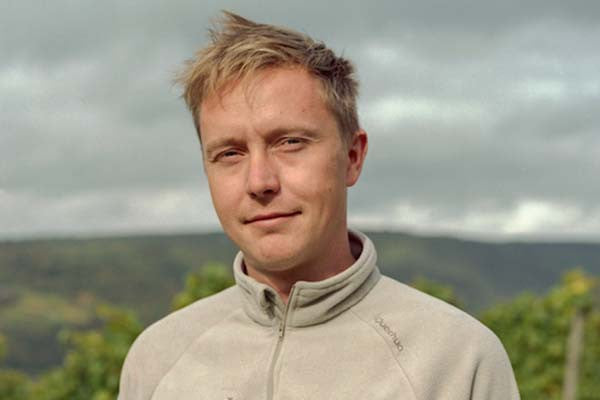A talented winemaker, an ancient wine region, and tons of minerality: all in one. Discover the range of wines created by Finnish-Dutch winemaker Philip Lardot in the Mosel region from old vines and steep plots. While the typical Mosel style usually entails wines with high acidity, low alcohol content, and cleanly filtered, Philip's wines are basically the opposite. However, they can still be as "Mosel" as possible, as that's how wines were made before modern techniques came into play.




